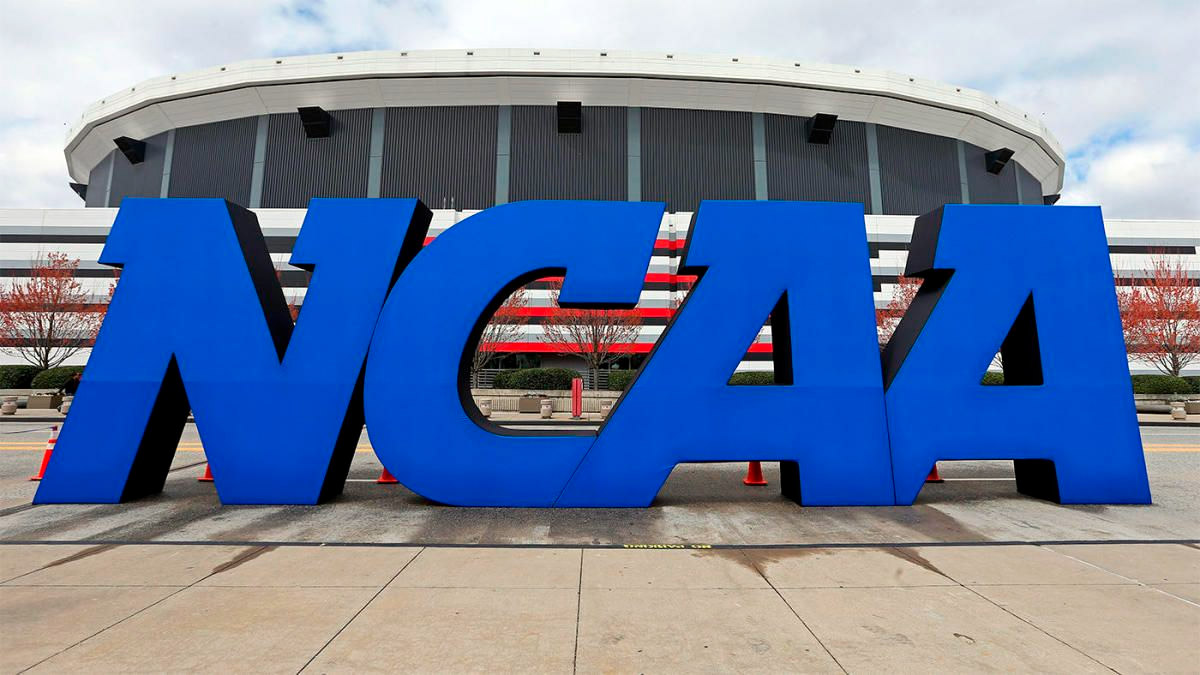The National Collegiate Athletic Association (NCAA) has announced a series of updated penalties for wagering violations against the backdrop of sports betting controversies at various colleges and the expansion of gambling to more US jurisdictions. The new guidelines are more lenient than the previous ones and will apply to violations reported on or after May 2.
Previously, the rules, which were crafted before the widespread availability of mobile betting, would result in players losing one full season of collegiate eligibility. The new guidelines are aimed at modernizing the penalties system at a time when sports wagering is easily accessible in the country.
NCAA’s new penalties
- As per the new guidelines, student-athletes who compromise the integrity of games, by influencing the outcome of games for betting purposes or providing information to bettors, will potentially face permanent loss of collegiate eligibility in all sports. This will also apply to student-athletes wagering on their own games or other sports at their college.
- Athletes can face a suspension of up to 50% of one season of eligibility in case they place wagers on another school’s team in the same sport they participate in. They will also be required to attend educational sessions on the NCAA’s betting rules.
- Penalties for betting violations on professional sports will depend on the cumulative dollar amount wagered.
$200 or less: Further education required on the NCAA’s sports wagering policy, with no loss of eligibility.
$201 to $500: Will lose 10% of a season, further education required.
$501 to $800: Will lose 30% of a season, further education required.
More than $800: Punishment will be determined by NCAA reinstatement staff based on the amount wagered. Potential permanent ineligibility.

The above rules portray a significant decrease in penalties than the previous rules, when even minor infractions often resulted in the loss of one season of eligibility. This was the case of Virginia Tech linebacker Alan Tisdale, who was suspended from six games in 2022, which was 50% of his season, for placing about $400 worth of bets on NBA games. The new rules would require Tisdale to be suspended for just one game.
Alex Ricker-Gilbert, athletic director at Jacksonville and chair of the NCAA’s DI Legislative Committee, said: “These new guidelines modernize penalties for college athletes at a time when sports wagering has been legalized in dozens of states and is easily accessible nationwide with online betting platforms.”
“While sports wagering by college athletes is still a concern, particularly as we remain committed to preserving the integrity of competition in college sports, consideration of mitigating factors is appropriate as staff prescribes penalties for young people who have made mistakes in this space.”
